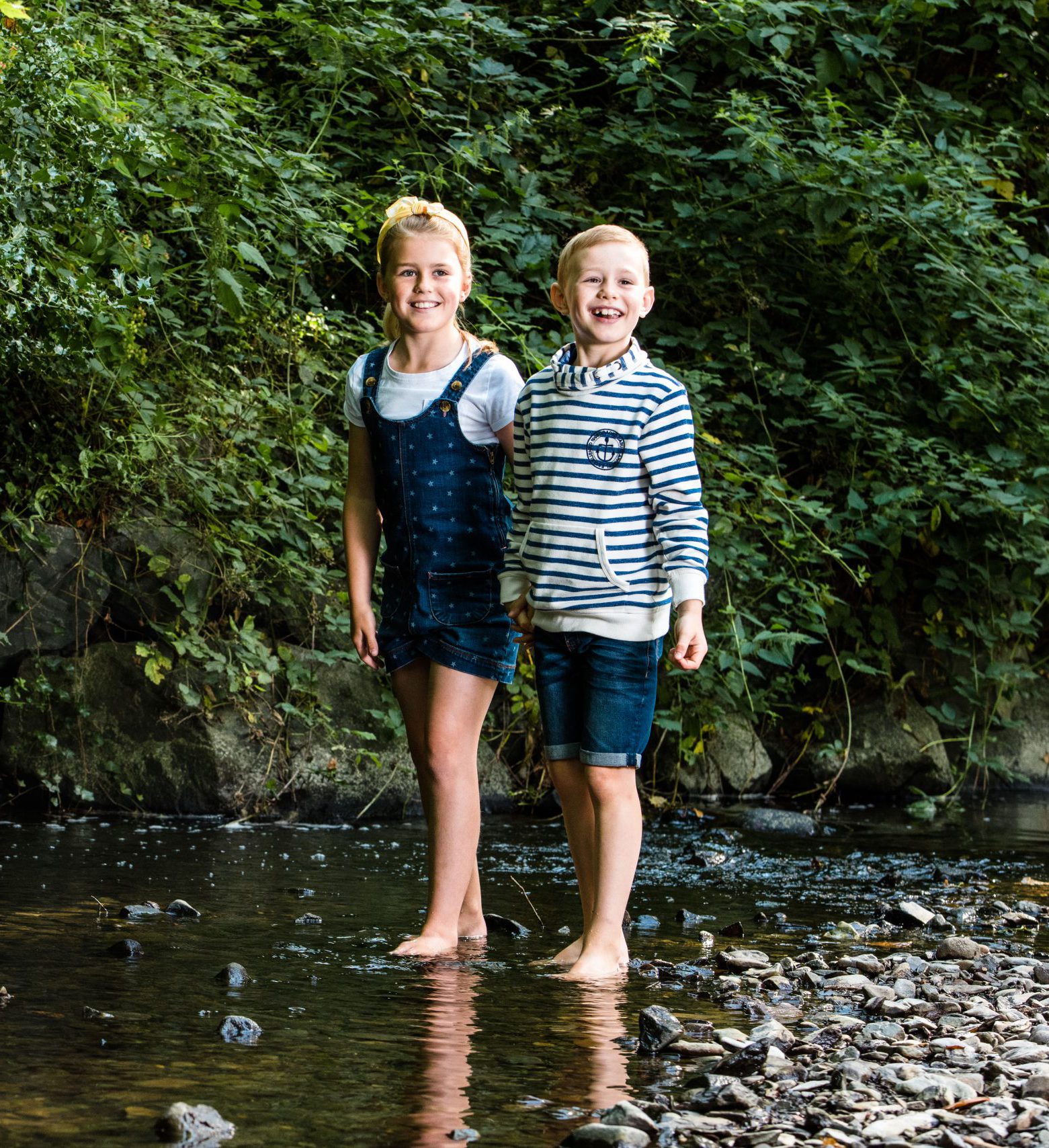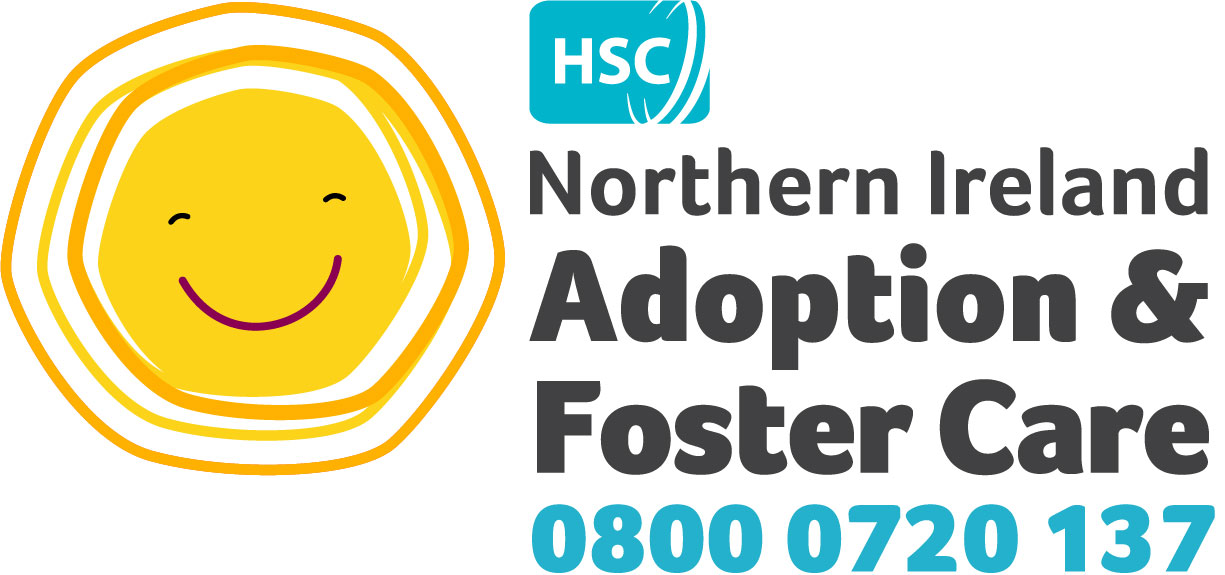In 2008, there were 2,433 children and young people in the care system in Northern Ireland. That number jumped to 3,300 in 2019 and over 3,500 in 2021. Of that number, around three quarters of these children and young people will be looked after within the foster care system.
Today that’s over 2,800 children and young people. In Northern Ireland alone. This continuing rise in children and young people requiring support in the foster care system necessitates an equal rise in the number of foster carers in the system.
Covid-19 has also had an impact on the foster care system in Northern Ireland. Covid doesn’t stop the need for foster carers. If anything, it heightens it.
Increased Numbers
An increase in societal and economic pressures being felt throughout the community, particularly with the economic effects of the pandemic, in addition to a growing number of unaccompanied and separated children arriving in Northern Ireland is resulting in an unprecedented pressure on Northern Ireland’s care system. We are receiving around 16 new children and young people each week into the system. 16 children and young people who can no longer live in their birth homes for many different reasons and require a safe and stable temporary home.
Urgent Need for Placement
Each child in the care system is unique. They come from different backgrounds, have different life experiences, languages, and religions. They are of different ages, races, sexes. They have often endured abuse, neglect, and exposure to damaging behaviours in their birth homes before being taken into care. These nuances all mean that each child requires a similarly unique foster carer. Recruiting foster carers from a broad spectrum of backgrounds, family set ups, religions, nationalities, and experiences is vital.
“My wife and I have lost count of the number of young people who have been through our door, whether it be short break, long term, short term, or emergency secure. They have all different needs. A lot of the young people we have had over the years still stay in touch with us and quite often come back on return visits along with their own young families which is a delight for us.”
Pat, foster carer
In regards to young refugees, these requirements are even more acute. Young people are arriving in Northern Ireland with no parent or supervising adult and have often been separated from family following war, violence, abuse or persecution. With language and cultural challenges, finding a welcoming foster carer who can recognise and respect the needs of a young person is of immeasurable importance.
To find out more about how you can help a young refugee, click here.
Who can Help?
We welcome applications to foster from a broad range of individuals. Whether you are married or single, homosexual or heterosexual, a home owner or renter, a parent or not, there is no ‘typical’ foster carer. Provided you have a desire to help a child or young person find a safe and welcoming home, and to help them on the path to fulfilling their potential, you are the right person to apply. The potential of being able to help a child or young person who has been displaced, who has suffered terribly at a young age or who simply needs a short term, safe place to stay, is a motivator for all corners of the community.

Foster Care in Many Forms
Perhaps you consider that foster care is a full time, forever decision? Yes, the decision to apply and become a foster carer is certainly a life-changing one. However it’s important to bear in mind that you can help in the foster care process in many different ways. There are various forms of foster care, from short term placements to long term placements, emergency placements to short breaks, kinship foster care to children with a disability placement. You may find that one of these suits you, your family life, your plans for the future. Each type of foster care is much needed and has the potential to positively impact the life of a child or young person every day.
Norma Tennis, foster carer, describes what fostering has meant for her and husband David.
“We have been opening the door of our home to foster children for thirty years and counting, during this time we have cared for children of all ages, children with disabilities, children in emergency circumstances, short break arrangements and longer term situations. We have positive memories of each and every child and have enjoyed supporting children in all aspects of their development from improving their diets to their education, sporting pursuits and even graduating from university.”
Foster Care in NI
Foster care provides hope and possibility for children and young people who are currently experiencing a huge amount of turmoil in their lives. As the challenges of family life continue, and we see an increasing number of children and young people in the system, we in turn need to find an increasing number of dedicated and loving foster carers who can help them.



